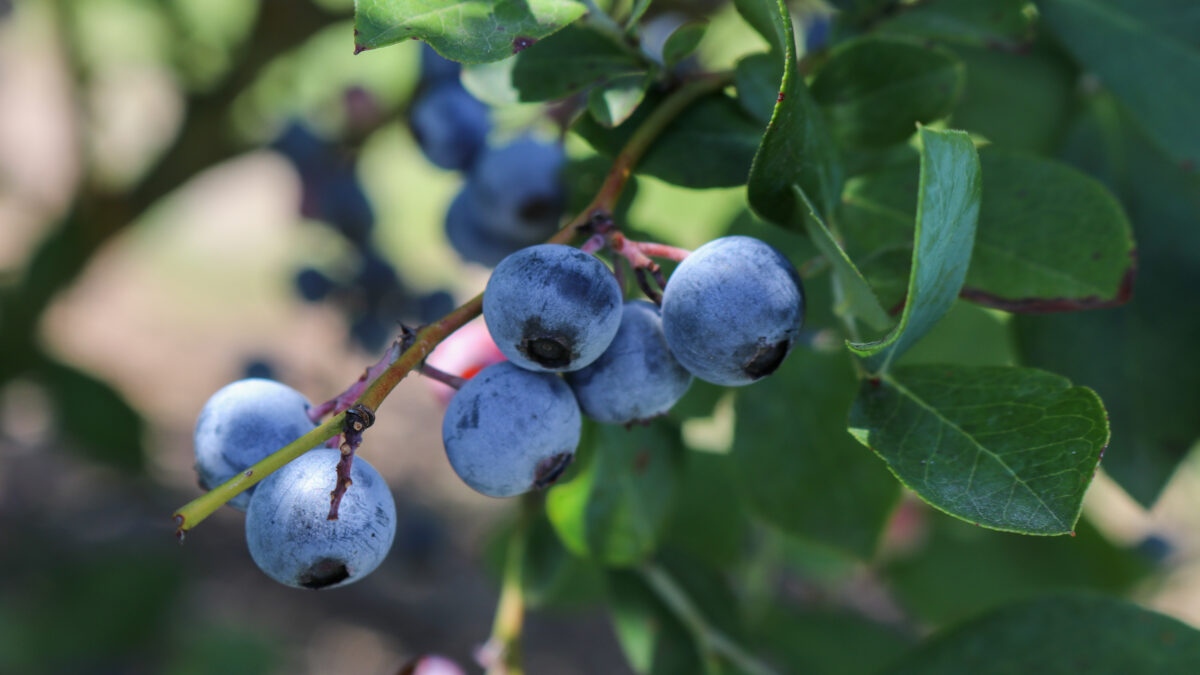The Life of the Land
Guest Author
Special Contributor to FB.org

photo credit: Alabama Farmers Federation, Used with Permission
Guest Author
Special Contributor to FB.org
The New Year often brings with it hopes that this year will be better than the last. Those hopes are even brighter when we can take what we 've learned and apply it. Recently, I had the opportunity to spend 12 weeks at Cornell University studying the benefits and advances of biotechnology through the Alliance for Science Fellowship. Thanks to my time there, I have a renewed excitement for what biotechnology has already done, and what it can do, for agriculture in Hawaii, on the mainland and around the world.
- We benefit from science every time we eat.
After touring the Geneva USDA Research Center, I have a newfound appreciation for the science behind the food we eat. Before going to Cornell, I 'd simply look at an apple in the market and bag it to eat at home.
After trying wild apples ranging from the size of a pea to classic red ones, I am amazed by the wide array of food we see in our stores. Another example is delicious Honeycrisp apples that are the product of a dozen years of study and development.
- Publicly funded biotech research is happening worldwide even though we rarely hear about it.
Countries across the globe are conducting research to develop a variety of crops for use in the public sector. From Bt cowpea to wilt-resistant bananas, the research will help small farmers around the world grow better crops.
There are real problems facing critical crops around the world and biotech is a leading tool to help address these challenges. To claim that corporations are trying to take over the food supply through GMOs is clearly false: You can simply look to countries like Nigeria and Bangladesh to see how local research entities are also developing these innovations.
- Scientists around the world are doing great things for the welfare of their countries.
I was fortunate to meet Clet Wandui Masiga of Uganda, who is not only a scientist but also a farmer. He has seen firsthand how improved seeds can make a world of a difference for his neighboring farmers. Farming in his country faces many challenges, with devastation from crop failure affecting most of the population since 60 percent to 70 percent are involved in agriculture.
For modern day urbanites, relying on Google to learn about ag technology then telling an African farmer he can 't have improved seeds is misguided. We haven 't walked in their shoes or farmed their land. It 's infectious misinformation that is causing real harm in developing countries, not GMOs.
- No matter where we live in the world, we share a common bond.
We all want a better future for our children. By asking questions and studying the issue, we can develop better ways of doing things. We 're using the scientific process to continuously learn and understand our world better, and we can build on the knowledge of those who learned before us. As my dad teaches my brother to farm and now we look at my son 's future, our family shares the hope that the next generation can continue a family legacy. We can sustain our families ' work by learning and adapting to our ever-changing world.
Joni Kamiya, an avid farm advocate, blogs regularly at hawaiifarmersdaughter.com (http://www.hawaiifarmersdaughter.com/) . Her father 's third-generation papaya farm is located on Oahu 's North Shore. This column was adapted from one of her blog posts.
Top Issues
VIEW ALL